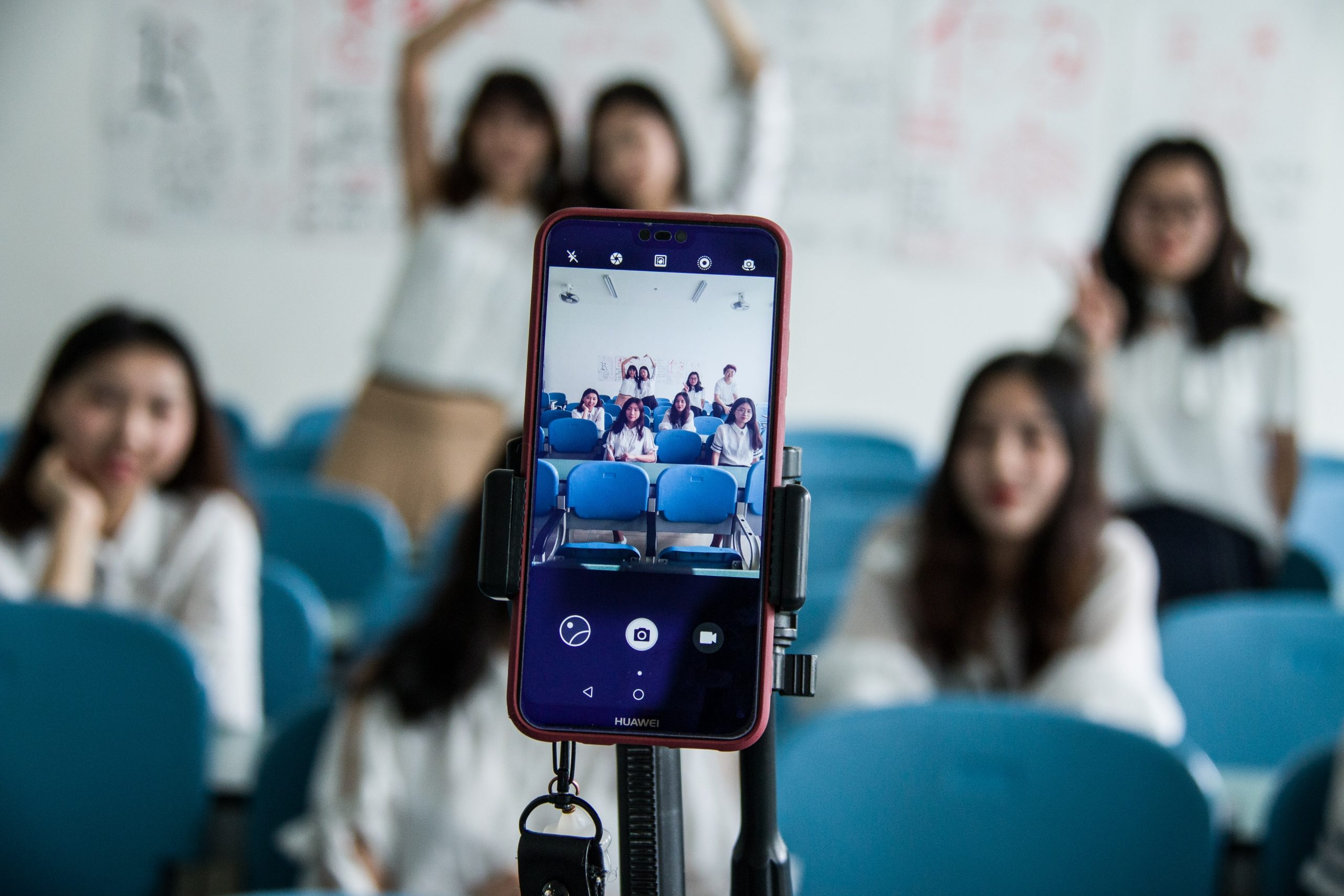Learning always has to be a fun experience. Gone are the days of boring sessions inside the four corners of the classroom. Pre-pandemic times introduced us to a new technologically-oriented age of webinars and virtual events. But all these times, we have been denying its possessed user-friendly system that could spark cognitive and creative electricity. We also neglected its better format for reaching today’s informed buyer.
We used to think of it as a lame old way of offering canned presentations bound to be a failed attempt to generate learning and development. Fast-forward to coronavirus days, it now serves as a crucial way to bring the like minded together, a potential means of connection to the homebound audience. It suddenly became a paramount of e-learning and more often than not, utilized to aid for sales and marketing generations.
These online event failures are not new – it’s just that the stakes are suddenly so much higher. There’s always been a business case for bold, interactive online events. But you must inject them with strong immediacy. Doing a better webinar is a cultural evolution, typically with marketing kicking and screaming until the light bulb goes off, but it can absolutely be done.
Real Estate IQ, a technology and data company that focuses on creating Work-from-Home automated systems for the Real Estate Investment community, scrutinizes the art of webinar making and virtual training, its strengths and opportunities, the good and the ugly, and how it trail blazes the current backdrop of online learning.
It’s a Virtual Reality
At this point, we can no longer blame tech issues. It’s not always perfect, yes, but it’s way more than good for interactive learning. It’s good enough to spark that connection from your yawning audience at home. To be honest, webinars and virtual events may discover that this technology is a reliable way to have a tangible impact on our sense of community.
According to Google, a webinar is a “seminar conducted over the Internet.” While that webinar definition is true, a webinar is way more than that.
When done correctly, it’s a powerful marketing tool that can position you as an expert in your field of expertise. It’ll allow you to connect with your audience, train new employees, and increase your profit margin. It’s an avenue where 50 – 300 people sign up to listen to a speaker blast through branded slides, perhaps fielding token questions as time expires. On the other hand, a full-scale virtual event, using virtual event softwares, would probably take the place of your major yearly on-the-ground event. Even the virtual replacement might take months in the planning. But one thing is crystal clear: these desperate times call for desperate measures and actions. The competition suddenly became virtual…and that’s the reality.
Interactivity at its Finest
Technology and creativity have to work hand in hand in more ways than one. Whether you’re creating a webinar or a virtual event, creative juices from genius minds will play a key role in making your virtual events truly must-attend engagements.

You can customize social media quote templates to share with your followers and get them interested in learning more about joining the rest of the event or making plans for the next one.
· Create a game plan for your virtual event. First things first, you have to create a plan for the event you plan to put on. How big do you want to make it? What type of event will you hold? How will people register and the cost if there’s any? These are all important things to determine before you make it any further in your virtual event idea, and you can customize a plan template. Just like planning a live face-to-face event, this might take some time and may just very well be the most time-consuming and most crucial stage.
· Content is Key. The single most important rule for events is: good content. No fancy virtual or physical event will fix bad content. Is it events that are boring or those who facilitate them? Many people captivate an audience with a piece of written text. There have also been a lot of technological gizmos that are utterly tedious. Most conferences fail because the gist of the content that underpins them is weak, uninteresting and uninspiring.
· Find top-notch presenters. Want to really make your virtual event one to remember? Make sure you research the best and most well-known experts in your industry and reach out to see if they’re interested in becoming speakers or presenters.
· Sound and lighting basics are vital. If you’re putting on a virtual conference, it’s incumbent on you to ensure speakers and presenters have at least some basic equipment and know-how when it comes to sound and lighting. I’m not saying everybody needs a professional studio setup. Just using a headset mic (vs. the built-in laptop mic) or taking advantage of window light can make a huge difference in the quality of the experience for participants plus a reliable Internet connection is obviously a staple. The last thing you want is to have a major tech malfunction during your large-scale virtual event. Keep someone on hand for troubleshooting at all times and be sure your team has done plenty of test runs before the big day.
Use software that you know well to host your event, and if your event is large enough, consider reaching out to their teams to see if someone can assist in ensuring you’ll have no technical difficulties.
· Secure event sponsors. To help with promotion and generate some capital for your event, reach out to various sponsors to see if they want to partner with you for your virtual event. You can put together an event pitch deck or customize the one below to let potential sponsors know about your event and how many attendees you expect, what speakers will be participating and more.
· Promote your event. Time to put together another plan – your promotional or marketing plan. And you can easily do so with a social media marketing plan template. Find the right channels to promote your virtual event and be sure to create promotional graphics to share across the board. Use testimonials to share social proof and give your business and event credibility, especially if this isn’t the first one you’ve hosted.
· Live tweet your event. If you’re putting on a major, multi-day online conference, be sure to live tweet quotes from the speakers throughout. One great way to prepare for this is make sure you have your speakers’ scripts beforehand so you can create your graphics before the event and be ready to share them after each quote is spoken. You can customize social media quote templates to share with your followers and get them interested in learning more about joining the rest of the event or making plans for the next one.

The age of virtual events is only beginning, and as they continue to take place — especially from major companies like Facebook and Microsoft that have now cancelled all live events through mid-2021 — there will undoubtedly be more innovation to look to for inspiration. This year hasn’t turned out how anyone hoped for or expected it to be, but there’s still time to make the most of it and capitalize on virtual events. Use some of these ideas as guidance to continue delivering event experiences to attendees and stakeholders from the comfort of their homes.
Your virtual events are your legacy – and so are your webinars. If we don’t salvage our virtual events from self-destruction or at least from being mediocre events, , we will just bore a new generation of attendees into home quarantine naps and deprive them of the magnificent ones truly worth remembering.
Disclaimer: The blog articles are intended for educational and informational purposes only. Nothing in the content is intended as legal or financial advice.

